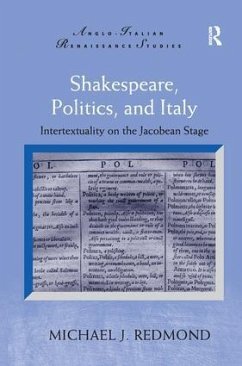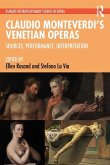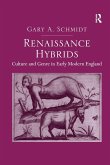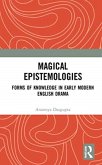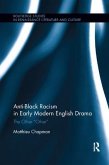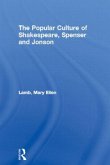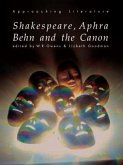The use of Italian culture in the Jacobean theatre was never an isolated gesture. In considering the ideological repercussions of references to Italy in prominent works by Shakespeare and his contemporaries, Michael J. Redmond argues that early modern intertextuality was a dynamic process of allusion, quotation, and revision. Beyond any individual narrative source, Redmond foregrounds the fundamental role of Italian textual precedents in the staging of domestic anxieties about state crisis, nationalism, and court intrigue. By focusing on the self-conscious, overt rehearsal of existing texts and genres, the book offers a new approach to the intertextual strategies of early modern English political drama. The pervasive circulation of Cinquecento political theorists like Machiavelli, Castiglione, and Guicciardini combined with recurrent English representations of Italy to ensure that the negotiation with previous writing formed an integral part of the dramatic agendas of period plays.
'Redmond [...] probes the influence of Italian culture on early modern English drama and literature, in so doing offering a welcome addition to a literature that includes The Italian World of English Renaissance Drama, ed. by Michele Marrapodi with A. J. Hoenselaars. ...The author is convincing in making his case that Shakespeare is too often studied in isolation from his fellow English dramatists and writers. ...Recommended.' Choice '... it is one of the strengths of this book that it establishes a new agenda for this kind of debate. The book's real substance is not in allusion-spotting but in probing cultural attitudes and the politics of nationhood. As such, it will be regarded as a significant contribution to the fast-growing area of Anglo-Italian Renaissance literary studies.' Renaissance Quarterly 'Michael Redmond [...] approaches this inexhaustible subject from a new perspective and uncovers the kind of creative uses of Italy that his predecessors have not addressed... Each chapter of this important book is carefully executed and ends with a succinct conclusion, which eases reading. Redmond fully achieves the goal of redefining what source studies can mean at the present critical moment, giving us a thorough, convincing, and original way of reading transnational cultural contacts. ... Redmond's book will likely have a long shelf life not only because of its perceptive literary analyses but also because it adds another dimension to our knowledge of the humanism that lies behind early modern drama, specifically in the circulation of texts, books, and knowledge between England and Italy.' Early Theatre 'Michael Redmond's book refreshingly gives a view of Shakespeare's works from a cross- or trans-national perspectives... The force of his observations can be stunning...' College Literature '...[this] book is an innovative, interesting, and worthy addition to recent scholarship on Shakespeare's dramatic engagement with Italian materials, and indeed o

